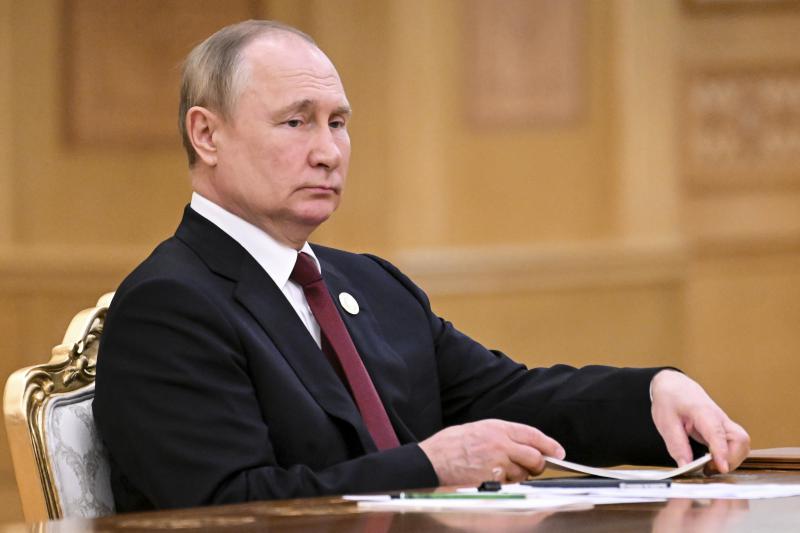The global fallout from sanctions and tariffs is playing out in unexpected ways—and Japan is emerging as one of the few countries willing to tread a different path. While much of the West continues to double down on isolating Russia economically over the war in Ukraine, Tokyo has made it clear: some lines it won’t cross. And those lines are drawn where energy security is concerned, in this case the Sakhalin project.
In its newly released Diplomatic Blue Book for 2025, Japan’s Foreign Ministry reaffirmed the country’s commitment to participating in Russian energy projects, particularly the Sakhalin-1 and Sakhalin-2 oil and gas developments. These projects, based on Russia’s Sakhalin Island, are seen as vital to ensuring a stable, long-term energy supply for Japan—a country heavily reliant on imports for its energy needs.
Let’s rewind for a second. After the Ukraine conflict escalated in 2022, the U.S. and European Union led a coordinated effort to punish Russia through sweeping sanctions. Japan joined that effort, implementing several rounds of restrictions and even backing the G7’s price cap on Russian oil at $60 per barrel. On paper, Japan was fully on board.
But behind the scenes, things have been more complicated.
Japan unwilling to go against Putin
Japan may have supported sanctions, but it has not been willing to cut off its energy lifeline. In fact, Tokyo has held tight to its stakes in Russian energy ventures, even after many Western companies pulled out. In the case of Sakhalin-1, after ExxonMobil exited the project in 2022, Japan’s state-backed consortium Sodeco maintained its 30% stake. India’s ONGC Videsh kept its 20%, while Russian oil giant Rosneft restructured the rest.
Sakhalin-2, meanwhile, is one of the world’s largest LNG projects, providing around 4% of the global supply. After President Vladimir Putin signed a decree transferring the project to a new Russian operator, Japan’s Mitsui and Mitsubishi chose to stay in the game—holding on to their respective 12.5% and 10% shares. British firm Shell, on the other hand, walked away, and its stake was later sold off to a Gazprom subsidiary.
So why is Japan holding firm? Simple: it’s about survival. The country imports nearly all of its energy, and about 9% of its LNG comes from Russia—mostly through Sakhalin-2. Pulling out would create serious shortfalls and potentially spike domestic energy prices. Officials have long said that these projects are essential not just for supply stability but also for diversifying away from the Middle East, which currently accounts for a staggering 95% of Japan’s oil imports.
The government has tried to strike a balance. Yes, it continues to support the international sanctions regime. And yes, it has committed to gradually reducing dependence on Russian energy, particularly oil and coal. But it also stresses the need to protect Japanese consumers and businesses from sudden shocks.
Sakhalin is Important!
While Japan doesn’t import fuel from the Sakhalin-1 project, it still views the venture as a strategic piece of the puzzle—part of a long-term energy roadmap that offers insurance against future global instability.
Western leaders, including President Biden and EU officials, have lobbied hard to get Japan to back away from these projects. So far, it hasn’t worked. Tokyo is taking a stand, not in defiance, but out of necessity. Energy security isn’t just policy—it’s survival.
As global geopolitics continue to shift, Japan’s position is a reminder that not every country can afford to follow the same playbook. For Tokyo, the choice isn’t ideological. It’s practical. In a world of mounting uncertainty, Japan is playing the long game—and doing what it believes is best for its people.








